- Home
- /
- Academics
- /
- Micro Credentials (Microcredentials)
- /
- Direct Support Professional
Direct Support Professional
The Office for People With Developmental Disabilities (OPWDD) in partnership with the National Alliance for Direct Support Professionals (NADSP) and the State University of New York (SUNY) are providing a special grant program that provides full funding for tuition, fees, books, course materials, and NADSP credentialing. The online curriculum is hands-on and highly interactive. Successful completion of the program will give the student
- A SUNY micro-credential of up to 12 accredited and transferable academic credits that can be applied to future certificates and degrees at SUNY Niagara or other institutions;
- NADSP credential options for DSP-I and DSP-II;
- $750 incentive for eligible students who complete at least one NADSP certification;
- On-site academic support where you can earn while you learn. For those currently not employed as a Direct Support Professional, work-based learning opportunities will be available through internship assignments.
The curriculum is hands-on and highly interactive. This is an especially timely opportunity for those who wish to enter the helping professions. Apply now to begin the process.
New DSP-I and DSP-II programs for our Spring 2024 semester begin on January 16, 2024.
Limited seating is available – APPLY NOW!
Professional Levels
Direct Support Professional – Level 1 Prep
DSPI Course Description:
Do you have a passion to support people with developmental and intellectual disabilities? The National Alliance for Direct Support Professionals (NADSP) is a values-driven organization whose mission is “To elevate the status of direct support professionals by improving practice standards, promoting system reform, and advancing their knowledge, skills and values”. A Direct Support Professional (DPS) is someone who works directly with people to assist them in realizing their full potential to become engaged members of their community. DSPs help their individuals complete activities of daily living (ADL) and other tasks on a daily basis, most importantly of which is to learn to complete these tasks themselves. The vision of the NADSP is “A world with a highly qualified and professional direct support workforce that partners with, supports and empowers people with disabilities to lead a life of their choosing.” To support the NADSP vision, this micro-credential is designed to provide the 50 hours of instruction required to complete 15 skill competencies in the areas of Ethics, Crisis Prevention and Intervention, Safety, Person?Centered Practice, and Health and Wellness required to earn badges to achieve the level of DSP – Level I. You can learn more about the NADSP and the credentialing process at www.nadsp.org.
At the conclusion of the program, students will be able to:
- Relate the codes of ethics defined by the NADSP and OPWDD to the role of the DSP.
- Identify the support services that assist people in leading self-directed lives.
- Identify the cognitive and behavioral skills of individuals served needed to adopt a healthy lifestyle based on personal needs that will promote lifetime health, fitness, and wellness.
- Determine when and how to report potential or actual abuse, neglect, exploitation, or harm to individuals served.
- Apply legal requirements concerning the confidentiality and privacy of client information to specific work situations.
- Integrate classroom learning with field experience in order to meet agency and client expectations.
Courses:
- HUS 102 – Human Services Internship I OR
COE 140 – Project-Based Cooperative Education - HUS 140 – Direct Support Professional – Level I Prep
Direct Support Professional - Level II Prep
DSP-II Course Description:
This advanced micro-credential aligns with The National Alliance for Direct Support Professionals (NADSP), Level II Certification and supports the professional development of the Direct Support Professional (DSP). For DSP-II certification, students must complete 100 accredited educational hours supporting the 15 competency areas with a focus on Evaluation and Observation, Communication, Professionalism and Ethics, and Community Inclusion and Networking. These competency areas allow DSPs to meet the industry demand for quality care of the people they serve. Each competency area outlines specific observable skills that should be demonstrated by the direct support professional. You can learn more about the NADSP and the credentialing process at www.nadsp.org. Prerequisite: Successful completion of Direct Support Professional – Level I Prep or permission of instructor.
At the conclusion of the program, students will be able to:
- Highlight the important characteristics of observation, assessment, documentation, and evaluation.
- Establish ethical tenets rooted in national best practices for direct support professionals.
- Demonstrate familiarity with disability services systems.
- Apply legal requirements concerning the confidentiality and privacy of client information to specific work situations.
- Demonstrate coherent college-level oral communication that informs, persuades, or otherwise engages with an audience.
- Evaluate communication for substance, bias, and intended effect.
- Demonstrate an understanding of how to apply principles of a professional Code of Ethics in working in Human Services.
- Demonstrate the ability to listen, paraphrase and problem solve.
Courses:
- HUS 123 – Helping Process
- HUS 141 – Direct Support Professional Level II Preparation
- HUS 103 – Human Services Internship II (if not employed by a partner agency)
Contact
Dr. Cindy L. Oberjosh, Professor
Phone: (716) 614-6756
Email: oberjosh@niagaracc.suny.edu

